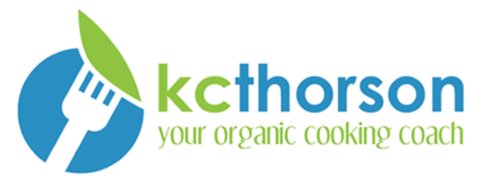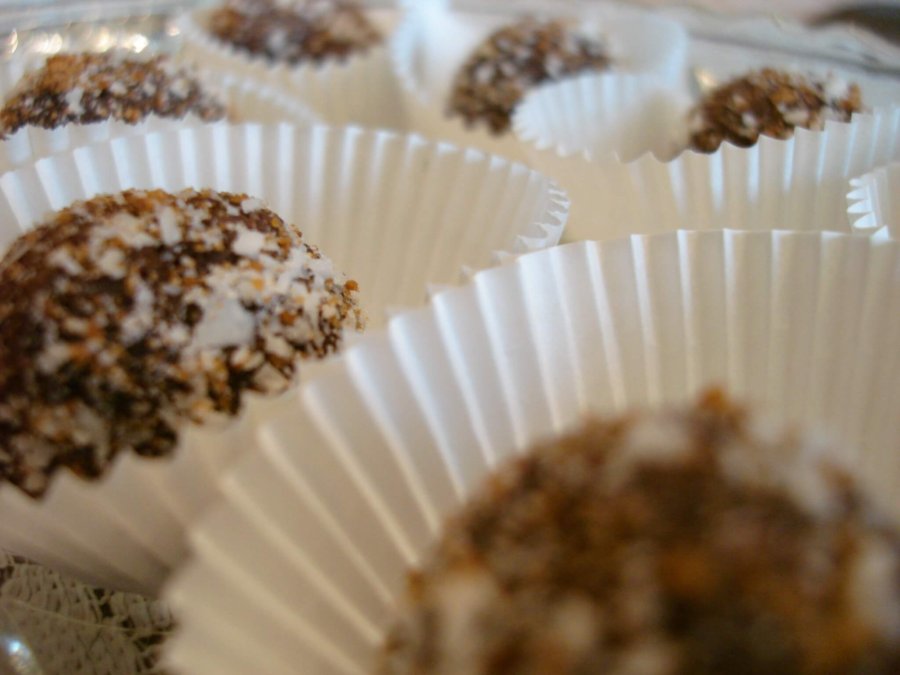.Once you are successfully in the habit of purchasing several produce items in their organic form each week, your next step may be to work on substituting 1 food or ingredient whose threat to your good health may be greatest. As most folks I know consume a dangerous amount of sugar each day, it would be my recommendation to make your next new habit one of substituting sugar and/or starch laden and processed foods with nutrient dense, lower carb substitutions. Many folks don’t realize that numerous foods in the Western diet become sugar, once consumed. These include foods such as breads, pastas, grains, etc.
Here are some helpful tips for replacing several of the more popular processed sugar/starch foods that many still consider staples in the western diet.
- PASTA – replace processed starch-laden pasta offerings with organic veggies to include organic “zoodles” (spiralized zucchini), organic Hearts of Palm pasta selections and/or organic spaghetti squash. These delicious substitutions not only help to lighten the glycemic load of your dish but contain nutrition-dense antioxidants and fiber that help to keep your immune system and gut microbiome strong. BEWARE of “gluten-free” labeled pasta replacements. Most only serve to substitute nutrient-void carbs and starches.
- FLOUR – replace processed wheat and other glutinous flours with nut flours (ground nuts) such as almond, pecan, cashew and coconut. Most nut flours can be substituted measure-for-measure in recipes that call for wheat flour. Coconut flour, however, does require a more customized measuring system as it tends to absorb more liquid ingredients than other flours. Additional eggs may be called for in a coconut flour based recipe.
- SUGAR – replace true and processed sugars with Stevia and erythritol based sweeteners to include SweetLeaf Stevia (drops or powder), Swerve (available in granule, confectioners and brown “sugar” forms), Allulose (granule, powdered or syrup) and/or Lakanto. These natural sweeteners, used in moderate amounts, do not spike blood sugar levels. BEWARE that pure sugar cane (even organic), natural honey and maple syrup DO affect blood glucose and should be avoided to keep glycemic load and carb intake at lower levels. Coconut sugar does contain both glucose and fructose and may impact dietary carb loads negatively. All in all, sugars, honey, maple syrup, molasses, date sugars, artificial sweeteners (ie: aspartame, sucrose, processed Stevia) should not be consumed by diabetics or by most seeking to lose weight, maintain health, build immunity or cut down on sweets.
- BREAD – truly, the healthiest way to have a nutrient-dense bread these days is to make it yourself. There are numerous lower-carb bread recipes out there. I am partial to a keto recipe designed by Maria Emmerich which is basically a loaf made from egg whites (think angel food cake without the sugar). If you are just venturing into the low-carb or keto-friendly dietary lifestyle, a fabulous pre-prepared bread to try is Base Culture. This bread can be purchased from Whole Foods and several other natural health outlets. Base Culture is made from nuts and seeds and truly resembles what you may be used to in flavor and texture.
- BEVERAGES – too many beverages today are loaded with sugars/artificial sugars, preservatives and carbs. If you are accustomed to a carbonated drink, you may want to invest in a Soda Stream to make your own sparkling water. This way you can add low or no carb flavors such as fresh lemon or lime juice and sweeten with your own natural sweetener. Another flavorful beverage is to brew your own flavored tea or iced tea and enjoy on its own, with sparkling water and/or a natural sweetener of choice. “Fancy” coffee too is another great beverage to enjoy. Instead of spending $5 – 10 on a specialty coffee from a local café, make your own for a fraction of the price! Tastes better too! Here’s one of my favorite recipes:
- 1 cup brewed cZor coffee (or preferred brand)
- 1 tsp/tbsp Swerve granulated sweetener
- 1 slight drizzle vanilla extract
- 1 tbsp organic canned coconut milk/cream
- 1 tsp/tbsp organic, non-alkalized cocoa powder
- Several drops Stevia (optional)
There are quite a number of flavored collagen products out there that can be used to provide amino acids and supplemental nutrients. Lots of options!
Hopefully these ideas and tips will help to keep you going toward a new healthier and delicious cooking/dietary lifestyle. As Valentine’s Day approaches, here’s one of my favorite recipes to help put the chocolate in your day in a fast, easy and healthful way!
Dark Chocolate Truffles
2 cups 100% cocoa powder (preferably organic, fair trade)
3 tbsp organic coconut oil or ghee (clarified butter)
Vanilla Extract, 1 tsp
½ cup Allulose syrup
4 oz organic coconut cream or almond milk
Pinch of sea salt
Mix all ingredients together in a large bowl until well blended.
Using a melon scoop, scoop out balls of the chocolate and roll by hand to make round truffle balls. Truffles can be rolled in cocoa powder, chocolate nibs, agave nectar or implanted with a roasted pecan, almond or walnut. May be eaten plain. Refrigerate.
Makes approximately 35 truffles
From the kitchen files of KC Thorson, Your Organic Cooking Coach
www.kcthor.com
cookingcoach@kcthor.com




